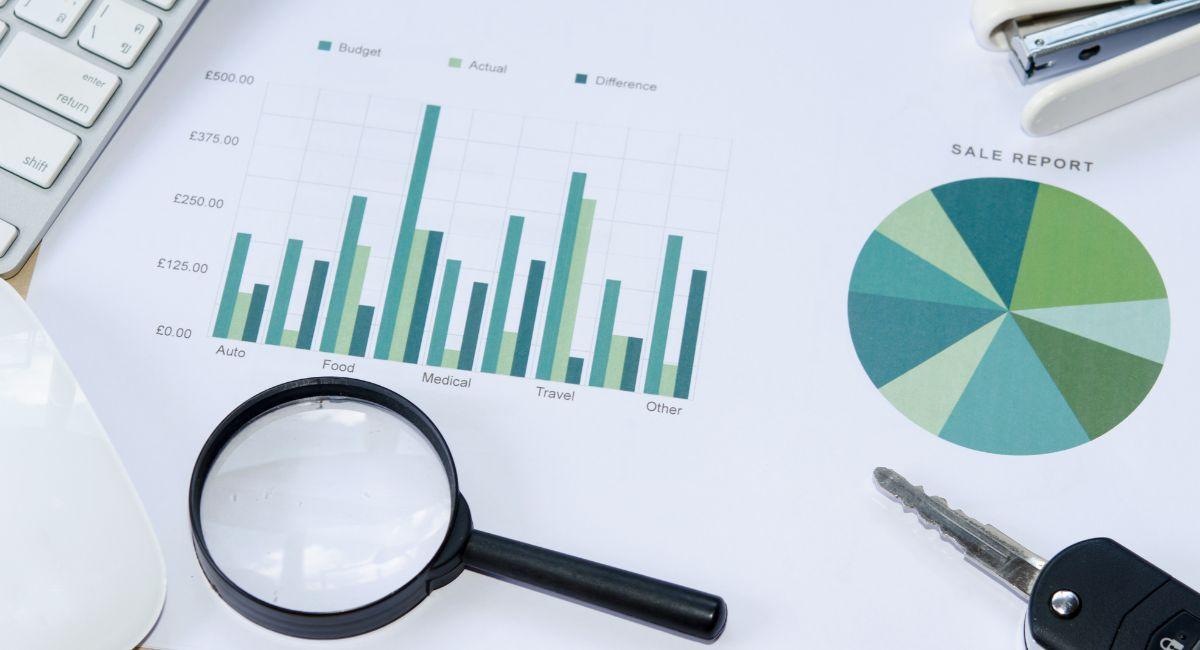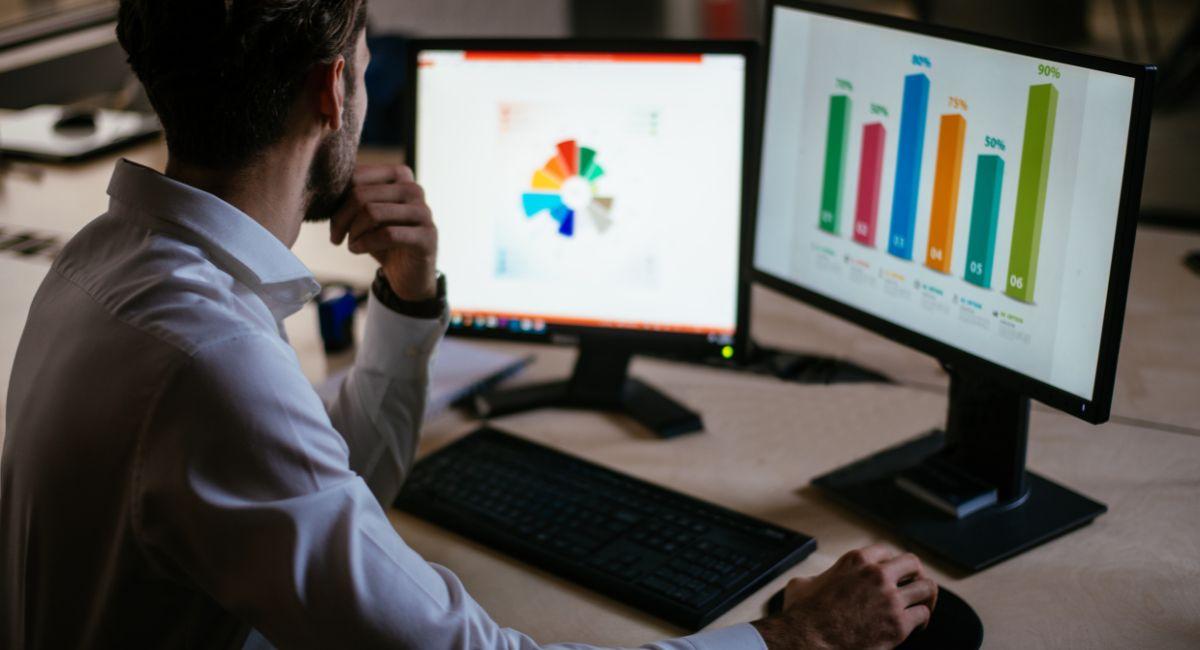A Blockchain Researcher is a specialized professional who focuses on exploring, understanding, and advancing the field of blockchain technology through rigorous and systematic investigation. This role involves conducting research to contribute new knowledge, innovations, and insights to the ever-evolving domain of blockchain. The responsibilities and expertise of a Blockchain Researcher encompass a wide range of areas, reflecting the interdisciplinary nature of blockchain technology.
Key Responsibilities and Activities:
- Exploring Blockchain Fundamentals:
- A Blockchain Researcher delves into the foundational principles of blockchain technology. This includes understanding the underlying concepts such as distributed ledgers, consensus mechanisms, cryptography, and smart contracts.
- Protocol Development and Enhancement:
- Researchers contribute to the development and enhancement of blockchain protocols. This involves proposing improvements, optimizations, and novel consensus algorithms to enhance the security, scalability, and performance of blockchain networks.
- Smart Contract Research:
- Smart contracts are a crucial aspect of many blockchain applications. Researchers focus on exploring innovative ways to design, implement, and secure smart contracts, addressing issues related to code vulnerabilities and execution efficiency.
- Security and Privacy Research:
- Security is paramount in blockchain systems. Researchers actively investigate vulnerabilities, potential attack vectors, and privacy concerns associated with blockchain networks. They contribute to the development of secure and privacy-preserving blockchain solutions.
- Interoperability Studies:
- As the blockchain ecosystem expands, the need for interoperability between different blockchain networks becomes essential. Blockchain Researchers explore methods and standards to achieve seamless interoperability, facilitating communication between diverse blockchain platforms.
- Consensus Mechanism Evaluation:
- Blockchain Researchers evaluate existing and proposed consensus mechanisms, studying their strengths, weaknesses, and potential applications. This includes exploring novel approaches to achieving distributed consensus in blockchain networks.
- Use Case Exploration:
- Blockchain has diverse applications beyond cryptocurrency. Researchers investigate and identify potential use cases in areas such as supply chain, healthcare, finance, and decentralized identity, exploring how blockchain can solve real-world problems.
- Quantum Computing and Blockchain:
- With the rise of quantum computing, researchers explore the impact of quantum technologies on blockchain security. They work on developing quantum-resistant cryptographic algorithms to ensure the continued security of blockchain networks.
- Community Engagement:
- Many Blockchain Researchers actively engage with the blockchain community. This includes participating in conferences, publishing research papers, contributing to open-source projects, and collaborating with other researchers, developers, and industry professionals.
- Regulatory and Ethical Considerations:
- Researchers examine the regulatory landscape surrounding blockchain technology. They contribute insights into regulatory frameworks, compliance issues, and ethical considerations related to the development and deployment of blockchain solutions.
Top 15 Skills and Qualifications needed to become a Blockchain researcher:
Becoming a Blockchain Researcher requires a diverse skill set encompassing both technical expertise and a deep understanding of the broader blockchain ecosystem. As this field is interdisciplinary, individuals aspiring to become Blockchain Researchers need a combination of skills in computer science, cryptography, mathematics, and domain-specific knowledge. Here’s an extensive breakdown of the skills required:
**1. Solid Background in Computer Science:
- Programming Languages: Proficiency in programming languages such as Python, C++, and Solidity is crucial. Researchers should be adept at developing and analyzing blockchain protocols, smart contracts, and decentralized applications (DApps).
**2. Cryptography Knowledge:
- Understanding of Cryptographic Principles: Cryptography is fundamental to blockchain security. A strong grasp of cryptographic algorithms, hash functions, digital signatures, and encryption schemes is essential for designing secure blockchain systems.
**3. Blockchain Fundamentals:
- Distributed Ledger Technology: In-depth knowledge of distributed ledger technology and the principles of decentralization is necessary. Researchers should understand how distributed consensus mechanisms work and their implications for blockchain networks.
**4. Smart Contract Development:
- Smart Contract Languages: Proficiency in languages like Solidity, used for developing smart contracts on platforms like Ethereum. Researchers should be capable of designing, implementing, and auditing smart contracts for security and efficiency.
**5. Data Structures and Algorithms:
- Efficient Data Structures: A strong understanding of data structures and algorithms is crucial for optimizing the performance of blockchain protocols. Researchers must design efficient data structures to enhance the scalability of blockchain networks.
**6. Decentralized Application (DApp) Development:
- DApp Architecture: Knowledge of decentralized application architecture and development. Researchers should be capable of creating applications that leverage blockchain technology in a decentralized manner.
**7. Consensus Mechanisms:
- Understanding of Consensus Algorithms: A deep understanding of various consensus mechanisms, such as Proof of Work (PoW), Proof of Stake (PoS), and practical Byzantine Fault Tolerance (PBFT). Researchers must assess the strengths and weaknesses of different consensus models.
**8. Security Awareness:
- Blockchain Security Practices: Awareness of security best practices in blockchain development, including protection against common vulnerabilities like double-spending attacks, 51% attacks, and smart contract vulnerabilities.
**9. Interdisciplinary Knowledge:
- Economics and Game Theory: An understanding of economic principles and game theory is valuable for researchers exploring incentive mechanisms, token economics, and the economic implications of blockchain systems.
**10. Research Methodology: – Experimental Design: Proficiency in research methodologies, statistical analysis, and experimental design. Researchers should be skilled in designing experiments to evaluate the performance and security of blockchain protocols.
**11. Communication Skills: – Technical Writing: Strong technical writing skills are essential for communicating research findings effectively. Researchers often publish papers, articles, and documentation, requiring clarity and precision in conveying complex concepts.
**12. Continuous Learning and Adaptability: – Rapid Technology Evolution: Given the rapid evolution of blockchain technology, researchers must have a mindset for continuous learning and adaptability. Staying updated on the latest developments is crucial for contributing to cutting-edge advancements.
**13. Collaboration and Networking: – Community Engagement: Actively engaging with the blockchain community through conferences, forums, and collaborative projects fosters networking and allows researchers to stay informed about industry trends and emerging research.
**14. Ethical Considerations: – Understanding Ethical Implications: Awareness of ethical considerations related to blockchain technology, including issues of privacy, security, and the societal impact of decentralized systems.
**15. Quantum Computing Knowledge: – Quantum-Resistant Cryptography: With the advent of quantum computing, researchers should be familiar with quantum-resistant cryptographic algorithms to address potential threats to blockchain security.
Becoming a Blockchain Researcher is a challenging yet rewarding journey that requires a comprehensive set of skills spanning technical, mathematical, and interdisciplinary domains. A combination of programming proficiency, cryptographic knowledge, understanding of distributed systems, and continuous learning is vital for success in this dynamic and innovative field. As Blockchain Researchers contribute to the ongoing development and advancement of blockchain technology, their diverse skill set plays a pivotal role in shaping the future of decentralized and secure systems.
Challenges and Opportunities:
- Rapid Technological Evolution: Keeping up with the rapid evolution of blockchain technology poses a continuous challenge for researchers, but it also provides exciting opportunities to contribute to cutting-edge advancements.
- Interdisciplinary Nature: Blockchain research often requires an interdisciplinary approach, involving elements of computer science, cryptography, economics, and law. Researchers must navigate the complexities of integrating these diverse perspectives.
- Industry Collaboration: Collaborating with industry players, startups, and other researchers offers opportunities to apply research findings to real-world scenarios. This collaboration bridges the gap between theoretical research and practical implementation.
Also, read- Top 10 Countries Leading Blockchain Technology In 2023

𝐍𝐨𝐰 𝐖𝐨𝐫𝐤𝐀𝐬𝐏𝐫𝐨 𝐢𝐬 𝐬𝐭𝐚𝐫𝐭𝐢𝐧𝐠 𝐭𝐡𝐞 𝐑𝐞𝐟𝐞𝐫𝐫𝐚𝐥 𝐏𝐫𝐨𝐠𝐫𝐚𝐦:
Do you want to join the WorkAsPro Referral Program?
𝐉𝐮𝐬𝐭 𝐯𝐢𝐬𝐢𝐭 𝐭𝐡𝐞 𝐖𝐨𝐫𝐤𝐀𝐬𝐏𝐫𝐨 𝐰𝐞𝐛𝐬𝐢𝐭𝐞 𝐚𝐧𝐝 𝐜𝐫𝐞𝐚𝐭𝐞 𝐲𝐨𝐮𝐫 𝐚𝐜𝐜𝐨𝐮𝐧𝐭#WorkAsPro #blockchain… pic.twitter.com/7wM3rakQVE
— WorkasPro (@workas_pro) January 9, 2024
Conclusion:
A Blockchain Researcher plays a pivotal role in advancing the understanding and capabilities of blockchain technology. By conducting innovative and impactful research, these professionals contribute to the ongoing development of secure, scalable, and versatile blockchain solutions. As the blockchain landscape continues to evolve, the role of Blockchain Researchers remains crucial in shaping the future of decentralized and distributed systems. Their work not only enhances the technology itself but also contributes to the broader societal and economic implications of blockchain adoption.
Stay informed with daily updates from Blockchain Magazine on Google News. Click here to follow us and mark as favorite: [Blockchain Magazine on Google News].
Disclaimer: Any post shared by a third-party agency are sponsored and Blockchain Magazine has no views on any such posts. The views and opinions expressed in this post are those of the clients and do not necessarily reflect the official policy or position of Blockchain Magazine. The information provided in this post is for informational purposes only and should not be considered as financial, investment, or professional advice. Blockchain Magazine does not endorse or promote any specific products, services, or companies mentioned in this posts. Readers are encouraged to conduct their own research and consult with a qualified professional before making any financial decisions.

